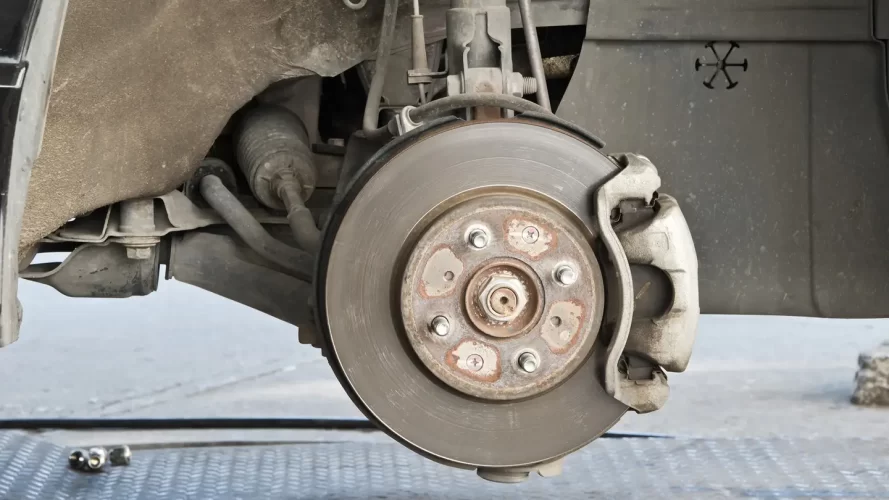Wheel bearings are an essential part of a car’s wheel assembly, providing support for the wheel and transferring power from the wheel to the axle. They are made up of steel balls that roll along two metal rings called races. Without wheel bearings, your wheels wouldn’t be able to move! But how long do wheel bearings last? And what causes them to fail?
In this article, we will address these questions as well as discuss symptoms of bad wheel bearings and risks associated with driving with faulty wheel bearings. We’ll also cover replacing your wheel bearings and tips on choosing quality replacement parts. So let’s get started!
What is a wheel bearing?
Wheel bearings are an important part of your car’s wheel assembly. They allow the wheel to spin freely and smoothly, helping you drive with comfort, stability and safety. Wheel bearings are usually located between the wheel and axle hub of a vehicle.
How long do wheel bearings last?
The life span of wheel bearings varies depending on the quality of materials used, how often your wheel is used, and the type of wheel bearing installed in your car or truck. On average wheel bearings can last anywhere from 50,000 – 150,000 miles before they need to be replaced.
Why do wheel bearings fail?
Wheel bearins can fail prematurely due to lack of lubrication (seals that become brittle or worn out) or simply because of poor wheel bearing quality. Poor wheel bearing design or incorrect wheel bearing installation can also lead to premature wheel bearing failure.
What are the signs of bad wheel bearings?
If your wheel bearings are beginning to fail, you may notice a grinding noise coming from the wheel as you drive. You may also feel vibration in your steering wheel and pedals that feels like it’s coming from the wheel when you brake.
What are the risks of having it on your car?
Driving with failing wheel bearings can be dangerous as they can cause increased wear on other parts of your car such as tires, brakes, and suspension components which can result in reduced vehicle performance and handling. Failing wheel bearins may also cause tire blowouts.
Replacing your wheel bearings
If you think your wheel bearings may need to be replaced, it’s best to have them inspected by a qualified mechanic. If wheel bearing replacement is necessary, using quality replacement parts is essential for ensuring that the wheel bearings will last and perform as intended. High-quality wheel bearins come with seals that help keep dirt and debris out of the wheel bearing assembly and provide better lubrication for smoother operation. Quality wheel bearings should also include components such as spacers, nuts and bolts that are made from durable materials that won’t rust or corrode quickly.
Replacement parts
These can make all the difference when it comes to replacing wheel bearings on your car or truck. You should always opt for wheel bearings that are made from high-quality materials and designed for the make and model of your vehicle.
High-quality wheel bearings should come with precision machined parts, greased sealed components, and a manufacturer’s warranty to ensure you get the best performance out of them. Additionally, they should be certified or tested by an independent lab to meet industry standards.
Conclusion
By taking these factors into account when replacing wheel bearings on your car or truck, you can ensure they last longer and perform better than ever before. This will help you avoid future wheel bearing problems and keep your vehicle running smoothly for years to come. To Learn more, check out CV Hubs & Bearings.

